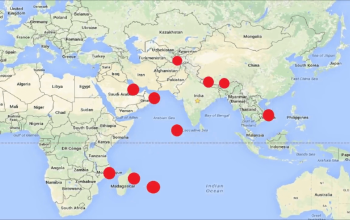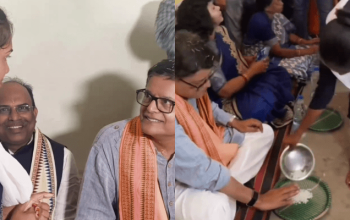New Delhi Chronicle Staff Reporter
New Delhi, August 6, 2025 — In a major judicial intervention, the Supreme Court of India has ordered the Election Commission (EC) to provide detailed information by August 9 on roughly 65 lakh electors removed from Bihar’s draft electoral rolls, ahead of the 2025 Assembly elections.
Background
• On June 24, the EC initiated a Special Intensive Revision (SIR) of voter rolls in Bihar, a state with over 7.9 crore potential voters. The goal was to eliminate duplicates, deceased individuals, and those who have migrated.
• The draft list released on August 1 recorded 7.24 crore voters, marking a net deletion of approximately 65 lakh names. Among these, the EC identified about 22.3 lakh as deceased, 36.3 lakh as “permanently shifted or absent,” and 7.0 lakh as already registered in multiple locations.
The Supreme Court Order
A three‑judge bench comprising Justices Surya Kant, Ujjal Bhuyan, and N. Kotiswar Singh directed the EC to:
1. Submit full details of the approx. 65 lakh deleted names, including reasons such as death or migration.
2. Share the information with political parties and provide a copy to the Association for Democratic Reforms (ADR), which filed the petition.
3. File a reply by Saturday, August 9, to allow ADR’s advocate, Prashant Bhushan, to review what is made public.
The bench emphasised its role in safeguarding electoral rights and reiterated that it would “immediately step in” if evidence of mass exclusion emerged.
Key Legal Contestations
• The ADR claimed that 75% of the voters who submitted enumeration forms lacked the required supporting documentation, yet were added on the recommendation of Booth Level Officers (BLOs).
• While some deleted names were reportedly shared with political parties, clarifications regarding the reasons for deletion — such as death or migration — were missing.
Upcoming Hearings
The Supreme Court has scheduled hearings on a batch of petitions challenging the EC’s June 24 SIR order for August 12–13. ADR and other petitioners will present arguments questioning the legality and transparency of the SIR process.
Broader Context and Political Reactions
• Critics argue that the SIR disproportionately affects urban migrants, non‑documented citizens, and vulnerable groups, potentially disenfranchising millions.
• Opposition parties, including the INDIA bloc, have condemned it as an “exercise of exclusion,” while senior Congress leader P. Chidambaram described the EC’s approach as “alarming” and “illegal.”
• The EC, in its defence, insists proper outreach and adherence to procedure, asserting that no names will be deleted without due process, and has extended a window for claims and objections until September 1.




